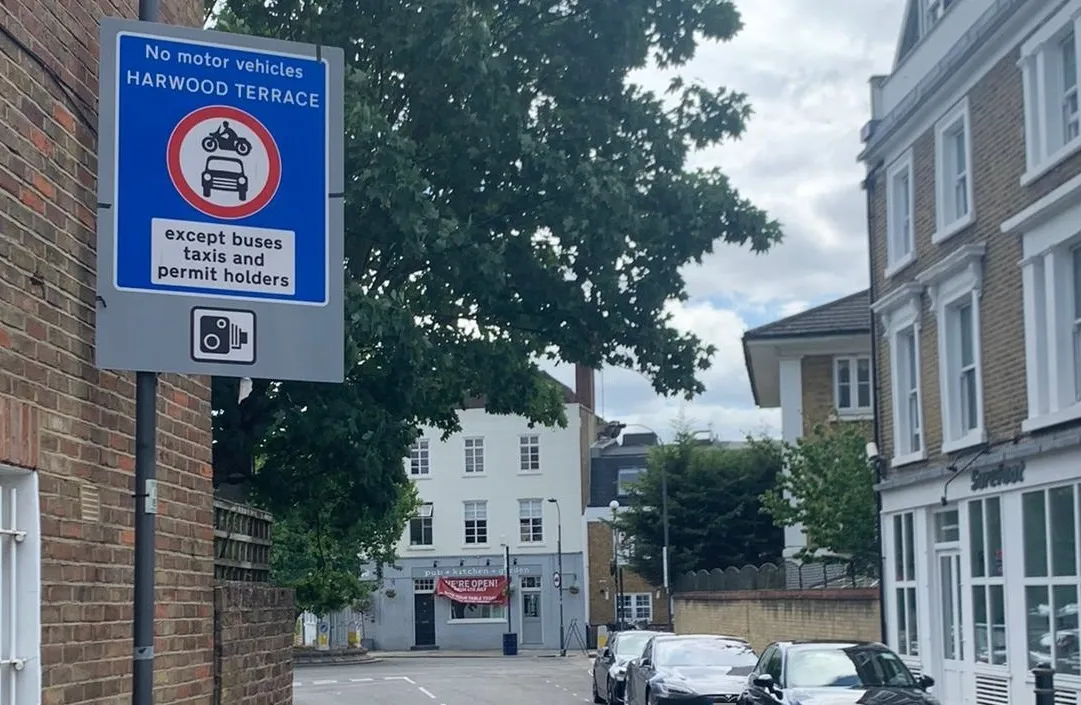Westminster City Council, in partnership with
New technology emerging out of Westminster’s successful bay sensors pilot in central London now means that disabled drivers can be issued with electronic permits, known as EPermits or RFID tags, which communicate with sensors in the road.
Should a car without a tag park in a disabled bay with a sensor illegally, nearby traffic marshals will be alerted so that they could go to the site and ask the driver to move on. They also have the power to issue a fine as a last resort.
Councillor Heather Acton, Westminster City Council cabinet member for parking, said: “Parking in a disabled bay must be one of the most inconsiderate things a driver can do – yet we still see it very regularly in Westminster. We hope this new technology will put an end to this poor practice and help improve the day to day lives of disabled drivers in the city.”
Paul Gillespie, Smart Parking’s Group Chief Executive Officer added: “We are delighted to be collaborating with Westminster City Council and
The pilot project is set to last around eight weeks, and evaluation will be carried out before a decision is made on a citywide roll out.
Westminster City Council to crack down on illegal parking in disabled bays
Westminster City Council, in partnership with Smart Parking, is set to unveil new technology which could eliminate the issue of inconsiderate drivers parking in disabled bays. New technology emerging out of Westminster’s successful bay sensors pilot in central London now means that disabled drivers can be issued with electronic permits, known as EPermits or RFID tags, which communicate with sensors in the road. Should a car without a tag park in a disabled bay with a sensor illegally, nearby traffic marshal
December 2, 2015
Read time: 2 mins









